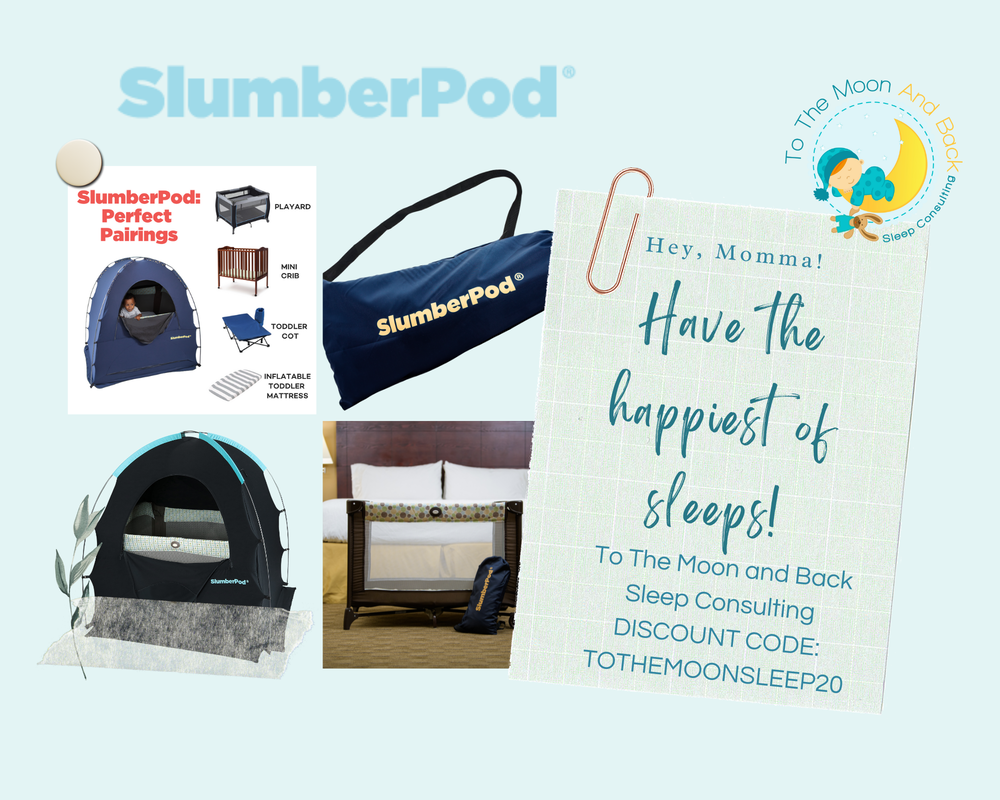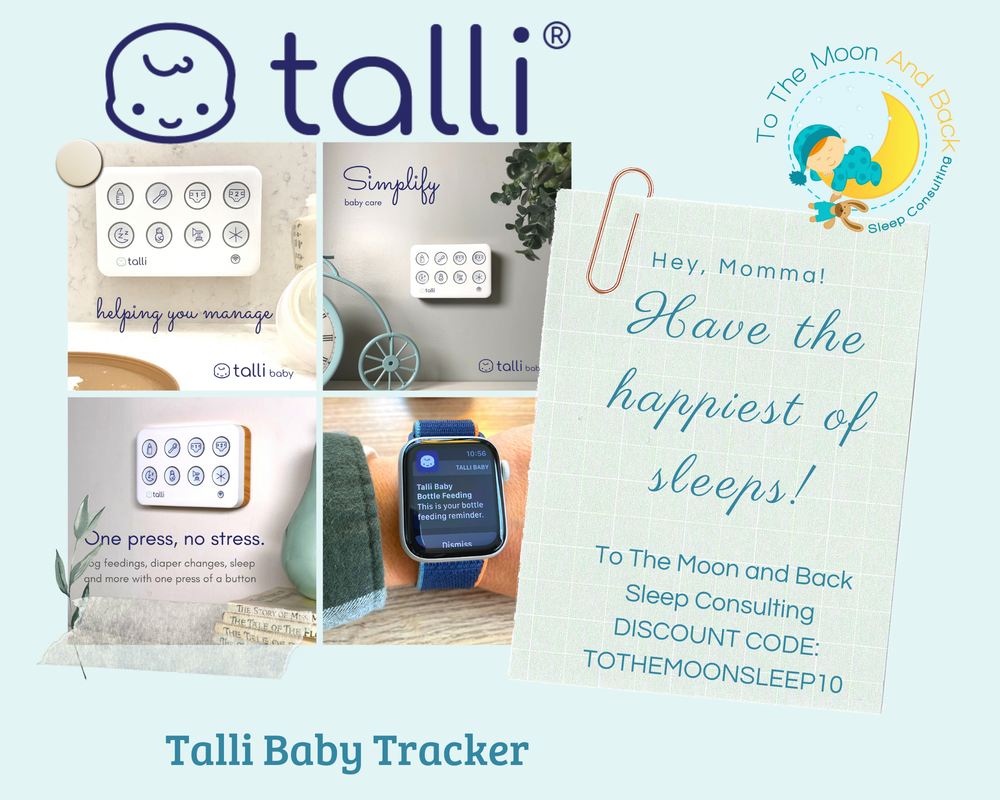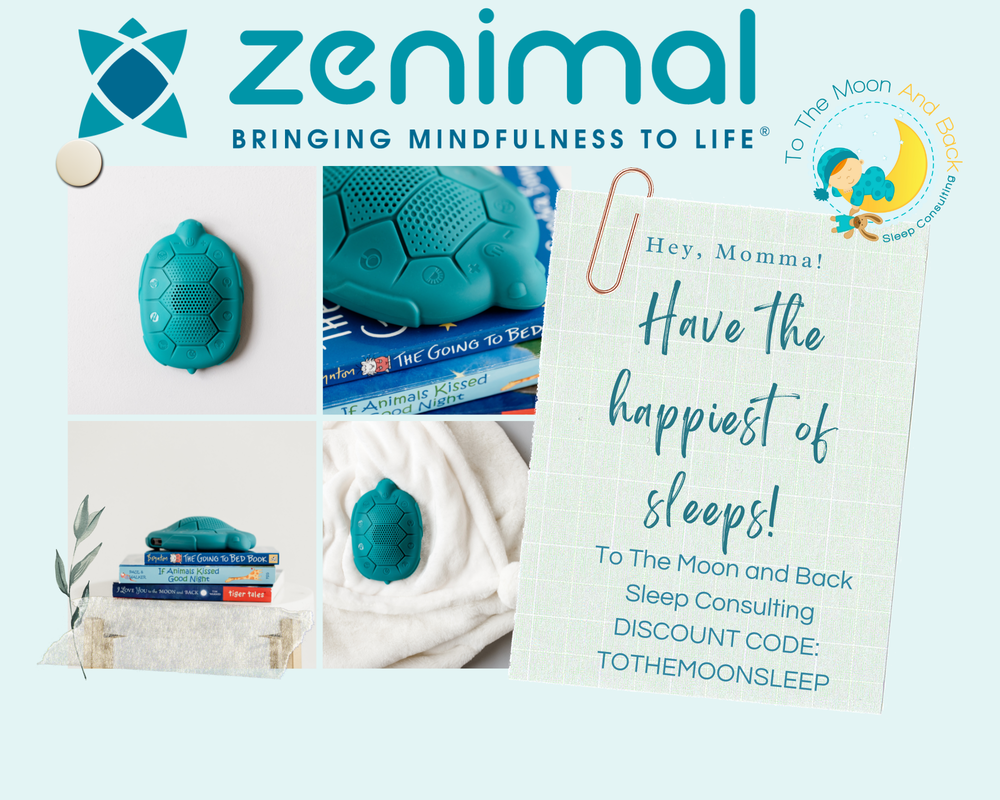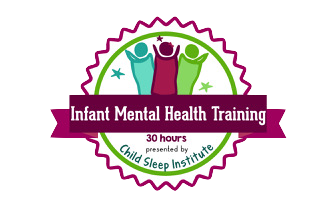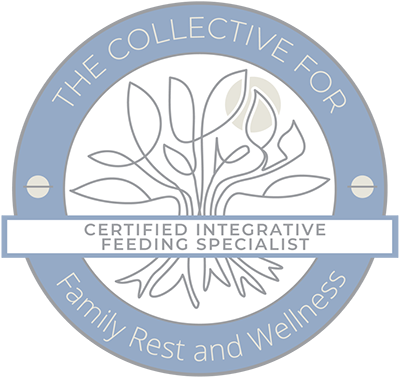|
If you plan on addressing your little one’s sleep issues, I want to prepare you for something. It’s possible that things are going to get worse before they get better. For some babies, that might mean a night or two of more intense crying at bedtime; for some, it might mean more like four or five. That probably doesn’t come as a big surprise. If you have a child that doesn’t sleep well, you’ve probably already established an elaborate routine to respond to your baby’s bedtime. It’s usually a combination of feeding, bouncing, getting them settled in your arms, popping in a pacifier, and getting them into their crib at the exact right moment. Why? Because if you try to do it any other way, your baby will cry. And if you don’t give in, they’ll cry even louder and harder. It’s a common response to behaviour modification known as an extinction burst. EXTINCTION BURST An extinction burst occurs when a behaviour that has been previously reinforced suddenly stops being reinforced. In other words, when a baby is used to receiving a specific response or reward for a particular behaviour, and that response or reward is suddenly removed, the baby will increase the intensity and frequency of that behaviour in an attempt to get what they want. In this case, the rocking, shushing, or nursing to sleep that they’re accustomed to. Extinction bursts can occur in various situations, from sleep training to weaning from breastfeeding. They can be particularly challenging for parents to navigate, as it can be difficult to tell if the baby is seeking attention or if they’re genuinely upset. However, it’s essential to understand that extinction bursts are a normal part of a baby’s development and are not a sign that something’s wrong. So, how can parents cope with these bedtime extinction bursts? One word. Consistency. CONSISTENCY Suppose you have decided that a particular behaviour is no longer acceptable or that a specific reward will no longer be given. In that case, it’s crucial to stick to that decision and not give in to the baby’s increased efforts to elicit the desired response. Staying consistent isn’t going to be easy, I know. The increased intensity of the baby’s crying will be stressful and occasionally overwhelming. Still, it is important to remain calm and consistent. Get your partner involved or call in the support team, whether it’s your parents, your in-laws, your friends, or a professional sleep consultant so that you can take a break when things get to be too much for you. As tough as things get, don’t forget this crucial fact. Extinction bursts are temporary. Good sleep habits are not. Once you’ve come out the other side of this experience, you can look forward to years of your little one sleeping soundly through the night. Need help to stay consistent and get through your child's extinction burst? Book your Free 20-minute Sleep Evaluation Call with me and I can explain how I can help make this transition to independent sleep a lot smoother. AuthorErin Neri - Certified Pediatric Sleep Consultant and Owner of To The Moon and Back Sleep Consulting since 2016. If you plan on having kids, you should pencil in a few accessories into the budget. A crib, a stroller, and a high chair are all mandatory when bringing home a new baby. And, of course, you’re going to need a baby monitor. I honestly don’t think I’ve worked with a family without a pretty sophisticated baby monitor set up in the nursery. These days, they fall right alongside those other items as “essential” baby equipment. And hey, not for no good reason, right? Baby monitors, even the most basic ones, provide some much-needed peace of mind for parents when they’re not in the room with their little ones. Unfortunately, they’re a bit of a double-edged sword because, for all the peace of mind they can provide and have the exact opposite effect. I often see parents running into their baby’s room the moment they hear the slightest peep out of the monitor. They check to make sure baby’s in a comfortable position, they check their temperature to make sure they’re not too hot or too cold, they check their diaper to see if they might need a change, and after they’ve confirmed that everything’s as it should be, they head back out of the room, sit down for a few minutes until they hear another rustle come through the speaker, and then they’re back in action, repeating the whole process. Seriously. I’ve seen it happen with more than a few families. And I assure you, I’m not exaggerating even a little bit! Now, if you’re reading this and thinking, “What’s so strange about that?” then it’s possible that you are, in fact, addicted to your baby monitor. Interesting little side note here, did you know that the first baby monitor was invented back in 1937 as a result of the infamous Lindbergh baby kidnapping? It’s true! Eugene MacDonald, then president of Zenith (a familiar name in electronics for all of us old-timers), heard about the incident and commissioned designer Isamu Noguchi to create a radio device to transmit sound from the baby’s room to a receiver elsewhere in the house. Good luck snatching a baby out of their crib now, you stupid kidnappers. Over the years, monitors have become increasingly sophisticated. First, they switched from radio to digital signals, did away with the wires, and added two-way communication so parents could speak to their babies as well as hear them; then came the video monitors, wi-fi capability for better picture and sound, and now, now they can monitor a baby’s heart rate, oxygen levels, movements, breathing, sleeping position, even whether or not baby’s got a wet diaper. And therein lies the problem. On the one hand, I think it’s great that we have the technology to monitor our baby’s vital signs and make sure they’re not in a dangerous sleeping position. On the other hand, it’s not exactly good for your mental wellness or your baby’s sleep if you’re in a state of hyper-vigilance throughout the night and rushing in to “fix” things every time baby fusses a little, or the temperature in the nursery rises by a half a degree. Now, I know the absolutely gut-wrenching anxiety that parents have about keeping their little ones safe. There’s absolutely no instinct in the world more powerful than the desire to protect your kids. Still, there’s a big difference between exercising due care and obsessing over unnecessary details. Bear in mind that baby monitors have not proven to be effective in reducing the incidence of SIDS. Bear in mind that baby monitors have not proven to be effective in reducing the incidence of SIDS, so even with the millions, probably billions of these machines in nurseries around the world, they haven’t really done anything to prevent the one major catastrophe that parents are desperately trying to avoid. Again, I don’t want to discourage the use of a monitor. But if you’re going to use one, remember what they were designed for. They’re for peace of mind and to inform you of a potential emergency, not to act as a call button demanding immediate attention every time you hear your baby stirring at night. Allowing them to fall back to sleep when they wake up in the night is important and actually essential if you want them to learn the skills they need to enjoy nights of restful, rejuvenating sleep regularly. If you want to minimize the potential for SIDS, injuries, or other nighttime mishaps, check out the American Academy of Pediatrics guide to safe sleep. You’ll find some incredibly valuable information there. Most notably, put your baby on their back to sleep, keep the crib clear of any possible airway obstructions, don’t smoke, breastfeed if possible, and use a firm mattress and a tightly secured fitted sheet. That will go a lot further toward keeping your baby safe than even the most technologically advanced baby monitor ever could. In short, if your baby monitor gives you peace of mind, keep using it. However, it’s time to make a change if it’s stressing you out. Ready to make a change for your family? I can help you teach your baby or toddler independent sleep skills so they have control over their own sleep so they are sleeping peacefully through the night and napping like a champ. All while supporting you, mom, to gain peace of mind around baby's ability to sleep well and letting go of the baby monitor addiction. Book Your Free 20-minute Sleep Evaluation Call now and lets chat about what's going on in your family and how I can help. AuthorErin Neri - Certified Pediatric Sleep Consultant and Owner of To The Moon and Back Sleep Consulting since 2016. Happy 2023, everybody! It’s a whole new year full of potential and opportunities! If you’re like me, when the calendar flips over, you set some lofty new goals to improve your quality of life. Get more exercise, eat healthier, land a new job, save some money, and spend more time with family; there’s no shortage of resolutions we can make to make ourselves and our families happier and healthier. Creating a “New Year’s resolution” has been around for hundreds of years. Sadly, around 88% of people seem to fall short of their resolution goals, but I have a great strategy to help you join the happy minority who set their intentions on January 1st and succeed. How? Well, you probably won’t be too surprised to hear that it involves sleep. (Surprise!) But don’t get the wrong idea! I’m looking at four of the most common, non-sleep-related new year’s resolutions and explaining how a good night’s sleep can scientifically maximize your chances of achieving each of them. So check it out! Here they are, along with the percentage of people who swear they’re going to achieve it on an average New Year’s Eve. Lose Weight - 40% If you’re not getting the recommended 7 hours of sleep per night, it might be affecting your ability to lose weight. That may seem a little counterintuitive to some people. After all, the more time we spend awake and active, the more calories we burn, right? The problem is that sleep plays a crucial role in moderating two vital hormones called ghrelin and leptin. Ghrelin sends hunger signals to your brain, and leptin does the opposite, signalling fullness and suppressing hunger. A 2004 study found that ghrelin levels were almost 15% higher in people who didn’t get enough sleep, and leptin levels were 15.5% lower, causing them to feel hungry more often. So if you’re determined to lose weight this year, getting enough sleep can go a long way to helping you reach that goal. Get more exercise - 52% Getting in shape is always an admirable goal. Getting your heart rate up, staying active, improving flexibility, and building strength are all excellent ways to help you stay healthy and feel your best. But if you’re not getting the sleep you need, getting motivated to hit the gym or go for a run can be a much more significant challenge than it needs to be. You’re likely to get tired out faster and not see the results as quickly as you would if you’re regularly enjoying a good night’s sleep. Sleep is the body’s regeneration phase, so even if you work out vigorously during the day, your muscles won’t regenerate bigger and stronger if you don’t get the recommended amount of sleep at night. Or, as the gym fanatics would put it, “You ain’t gonna see those gains, bro!” In short, getting the biggest return on the effort you put into your workout requires a good night’s sleep. Seeing those results is an excellent way to stay motivated. Spend more time with family - 37% We’re all looking to make the most of our time, but we also obviously have responsibilities that must be attended to. Whether you’re working a 9-5 job, running a small business, or a stay-at-home mom, by the time you’ve tackled everything that needs to be done in a day, there’s hardly any time to just get together as a family and enjoy each other’s company. We can’t increase the number of hours in a day, but we can increase our productivity, freeing up time to do the things we love, and to do so, all you need to do is get to bed on time. According to Dr. Michael Grandner, director of the Sleep and Health Research Program, “Many people believe that in order to get more done, they need to sacrifice sleep.” However, this study shows that, quite to the contrary, poor sleep is associated with lower productivity in general, and specifically across a wide range of areas.” So, simply put, even though you may be getting to bed earlier, that extra sleep will increase your productivity to the point where you’ll actually have more time during the day to spend doing the things you love. Eat Healthier - 50% Check this out. A 2013 study found that sleep deprivation led to significantly higher cravings for foods high in fat and/or sugar. You can check out the article for all the science-y stuff, but I’ll let the study’s authors explain it in layperson’s terms. “What we have discovered is that high-level brain regions required for complex judgments and decisions become blunted by a lack of sleep, while more primal brain structures that control motivation and desire are amplified. These results shed light on how the brain becomes impaired by sleep deprivation, leading to the selection of more unhealthy foods and, ultimately, higher rates of obesity.” So, getting enough sleep can actually make it easier for you to eat right. How great is that!? And there you have it, people. If you want to set yourself up for some new year’s resolution success, there’s one habit you can focus on that’ll make all the others much easier to achieve. Get to bed on time, turn off those screens at least an hour before you hit the hay, leave your phone in the living room, and take the time to wind down before bed. And if you’re not sleeping well because your little one is waking up at night, we should talk! Solving your baby’s sleep issues is the first step to solving your own, and I’ve helped hundreds of families do exactly that. Book your Free 20 Minute Sleep Evaluation now. AuthorErin Neri - Certified Pediatric Sleep Consultant and Owner of To The Moon and Back Sleep Consulting since 2016. So you’re on the fence about this whole, “Teaching your baby to sleep,” thing. On the one hand, you know that sleep is essential for everyone in your family. You’ve read all the literature and have come to agree with the consensus of the pediatric community that sleep is vital to your baby’s development and well-being. You’re 100 percent positive that your little one needs some help learning how to sleep well, and you’re dedicated to helping them overcome this obstacle. And on the other hand, you’re nervous as hell about it. Almost every parent I’ve worked with has started off absolutely riddled with anxiety. They know there’s a problem that needs fixing and they’re committed to that solution, but even with all of the research and evidence that this is a safe, effective process, they’re still on pins and needles.
So, what’s happening here? Is this your maternal instinct kicking in? Are you subconsciously aware of an underlying threat to your baby? Is mother nature trying to tell you not to teach your baby to sleep? Well, sorry to be ambiguous, but the truth is, it’s complicated. Sleep deprivation stimulates activity in the amygdala, which is a part of the brain that controls several of your immediate emotional reactions. According to a 2007 joint study between Harvard Medical School and U of C Berkeley, “...a lack of sleep inappropriately modulates the human emotional brain response to negative aversive stimuli.” Or, in layman’s terms, you’re likely to overreact when things go bad. So when, say, your baby starts to cry, you’re less inclined to think, “I wonder what she needs,” and much more likely to think things like, “I’m a complete failure as a mother.” This is what happens after one night of sleep deprivation, so you can imagine what chronic lack of sleep over the course of weeks, or even months, can lead to. You may even be experiencing it right now. It leaves you feeling helpless, inadequate, and riddled with anxiety. Alright, that’s the sleep deprivation part. Let’s look at the other major reason that this process can be so difficult, and the real elephant in the room when it comes to this whole endeavour. - Crying. Will your child cry when you’re teaching them this skill? Here’s the straight answer. It is extremely likely, bordering on an absolute certainty that, yes, your baby’s going to cry when you implement these new rules around bedtime. Is your baby also going to cry when they get dropped off on their first day of school? Again, we’re looking at about a 95 out of 100 probability. Will you baby throw a fit when you turn off their favorite cartoons, or when they get their first taste of asparagus, or when they’re told not to eat dirt? You betcha. And even though you know they’re not in any danger or genuine distress in those situations, you’re still going to feel your heart explode when you hear your baby crying. But again, if we look at this objectively, we can see that there’s an actual reason why the sound of a crying baby causes us such distress, and it’s not because of the actual level of urgency. Dr. David Poeppel, Professor Of Psychology & Neural Science at NYU, found that a crying baby differs from other environmental noises in something called the “amplitude modulation rate,” meaning how often the loudness of a sound changes. Crying babies, along with car alarms and police sirens, have a modulation rate of about 100 times per second, compared to a regular speaking voice, which hovers somewhere between 4 or 5. Experiments with an MRI to monitor the brains of people while listening to a variety of sounds, Poeppel found that baby screams have a unique ability to trigger activity in… you guessed it, our old friend, the amygdala. Where I think I can be of the biggest help here is by getting you to realize that your brain, despite having some really noble intentions, is playing tricks on you. It’s making you feel negligent. It’s making you think that your baby is in desperate need of something they’re not. It’s attempting to get you to address an immediate situation because it’s incapable of appreciating the long-term solution that you’re working towards. As with most instinctual habits, this one is more easily dealt with when we can appreciate not just what we’re feeling, but the science behind why we feel what we feel, so I wanted to provide you with that vital tool before you take on the challenge of helping your baby sleep through the night. Now that you know; it's time to take that leap of faith and take the next steps in the journey to helping your little one learn to sleep well independently. We can do this together! Erin AuthorErin Neri - Pediatric Sleep Consultant and Owner of To The Moon and Back Sleep Consulting since 2016. Let me just throw a little disclaimer out in front of this post by saying that I’m neither a doctor nor a professional research scientist. I’m a sleep specialist with a fascination for all things sleep-related, and I follow the latest research and studies in the field. Typically when I write these posts, I like to rely on peer-reviewed studies that have been evaluated, replicated, and borne out conclusive evidence to support them, but today I’m focusing on something that’s a little on the speculative side, since it’s a relatively new theory, and it’s a super interesting one for anyone with a seemingly “restless” baby. Now, when a parent tells me they have a restless baby, I have a series of questions I tend to ask in order to determine whether it’s due to a “sleep prop.” That’s industry terminology for something that Baby’s grown dependent on in order to get to sleep. Breastfeeding to sleep, rocking to sleep, sucking on a pacifier, stroller rides, are all examples of these “sleep props.” And most of the time I find that, yes, that’s absolutely the problem, and we address it and things get significantly better in a few nights. I first heard mention of an interesting theory during the 2019 World Sleep Conference and was really interested to hear more about it, but didn’t want to write about it until a little more string had been played out in the research department. And even though it’s still too early to state anything unequivocally, I thought the time might be right to at least share what I’ve learned so far, so here goes... 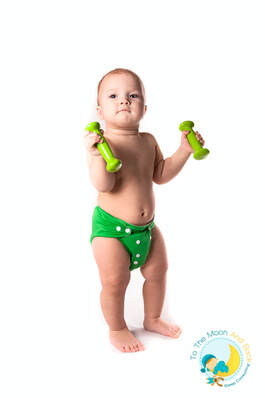 So we’re all familiar with iron, right? Everybody knows about iron, the essential mineral that helps red blood cells carry oxygen around the body. That function right there makes iron a downright essential component of our circulatory system and therefore our overall health. Iron deficiency, commonly known as anemia, also happens to be the single most common nutritional deficiency worldwide. The vast majority of those cases are in developing countries, but the numbers in North America and Europe are still alarmingly high. In the US alone, there are around 2.8 million visits to physicians annually where anemia is the primary diagnosis. So, in short, a LOT of people aren’t getting enough iron. Now, if you follow health news at all, you’ve also probably heard a lot about something called Restless Leg Syndrome (RLS) lately. If you’re not familiar, RLS, also known as Willis-Ekbom Disease, is exactly what it sounds like; a condition that makes your legs feel restless. People with RLS describe the sensation as an irresistible urge to move accompanied by uncomfortable sensations in their lower limbs. Standing up and moving their legs typically remedies the feeling almost instantly, but only temporarily. Symptoms occur more frequently when individuals are sleeping or lying down. RLS is also a bit of a mystery when it comes to its cause. According to the National Institute of Health, “In most cases, the cause of RLS is unknown. However, RLS has a genetic component and can be found in families where the onset of symptoms is before age 40. Specific gene variants have been associated with RLS. Evidence indicates that low levels of iron in the brain also may be responsible for RLS.” So now comes the big question… could those restless babies that I was talking about earlier possibly be suffering from some variety of Restless Leg Syndrome due to an iron deficiency? In a 2008 joint study from the Southern Illinois University and Carle Clinic Association, 1.9% and 2% of children and adolescents respectively were shown to have Restless Leg Syndrome. A 2020 study from the BC Children's Hospital Research Institute entitled Iron deficiency and sleep - A scoping review, found that iron supplementation was tremendously effective in treating a number of sleep disorders, including RLS. Sample sizes were small and the data collection process leaves a little to be desired, but it’s still a good indication that iron plays a big role in the quality of sleep. Unfortunately, diagnosing RLS isn’t an exact science. There are no markers or proteins to test for. It’s done by a doctor’s evaluation of the patient’s description of their symptoms, and for that reason, the only people who have been diagnosed are individuals who are capable of explaining what they’re experiencing. And guess who that leaves out… You guessed it; Babies, toddlers, and as theorized in a 2005 study, a significant number of children.
So back we go to the 2019 World Sleep Conference where one of the speakers put forth the theory that either RLS, or a variant of it, might be responsible for some babies being overly restless. Restless Sleep Disorder, as researchers have described it, hasn’t been thoroughly researched yet, but evidence suggests that it could be an early variant of restless leg syndrome which in some cases could be caused by insufficient iron levels. Or, as they more eloquently put it in their conclusion, “We have characterized clinically and polysomnographically children with RSD and attempted a new diagnostic category. We also have identified an association between RDS and iron deficiency. Future larger studies are needed to confirm these findings and evaluate the natural progression of restless sleepers.” So again, I’m not trying to offer medical advice here. I just thought this whole line of research and discovery was fascinating and wanted to share it with all of you. If your little one is one of those overly animated sleepers, it might be worth asking your pediatrician to check their iron levels. Even if it’s not the cause of their sleepless nights, anemia is something you’ll want to remedy. And remember, if your baby fits into the other category, the much more prominent category who have trouble falling asleep because of their dependency on a “prop,” I’m here to help you solve that problem. It may not be as simple as taking an iron supplement, but I can say unreservedly that it’s worth the effort to get your baby sleeping through the night. AuthorErin Neri - Pediatric Sleep Consultant and Owner of To The Moon and Back Sleep Consulting since 2016. As a pediatric sleep consultant, there are a few questions I’ve grown accustomed to hearing. People are understandably curious about whether or not their child is going to cry, and if so, for how long. They want to know how long it’s going to take before baby starts sleeping through the night, and when they’ll be able to do the same.
And even though they never come right out and say it in so many words, they want to know if there’s some kind of magical solution that will solve the problem instantaneously without any effort, crying, or protest. |
To The Moon and Back Sleep ConsultingProviding families the tools & support they need to get their little ones sleeping through the night and napping like champs! Everyone has more fun when they are well rested! Visit Wollino - Discount Code: TOTHEMOONANDBACK10
Browse
All
|
All information provided on this website, including texts, images, and other materials, are for informational purposes only and should not be considered a replacement for assessment or treatment by a healthcare provider.
© COPYRIGHT 2016-2024 TO THE MOON AND BACK SLEEP CONSULTING. ALL RIGHTS RESERVED. WAKING GIRL WEB DESIGN
© COPYRIGHT 2016-2024 TO THE MOON AND BACK SLEEP CONSULTING. ALL RIGHTS RESERVED. WAKING GIRL WEB DESIGN

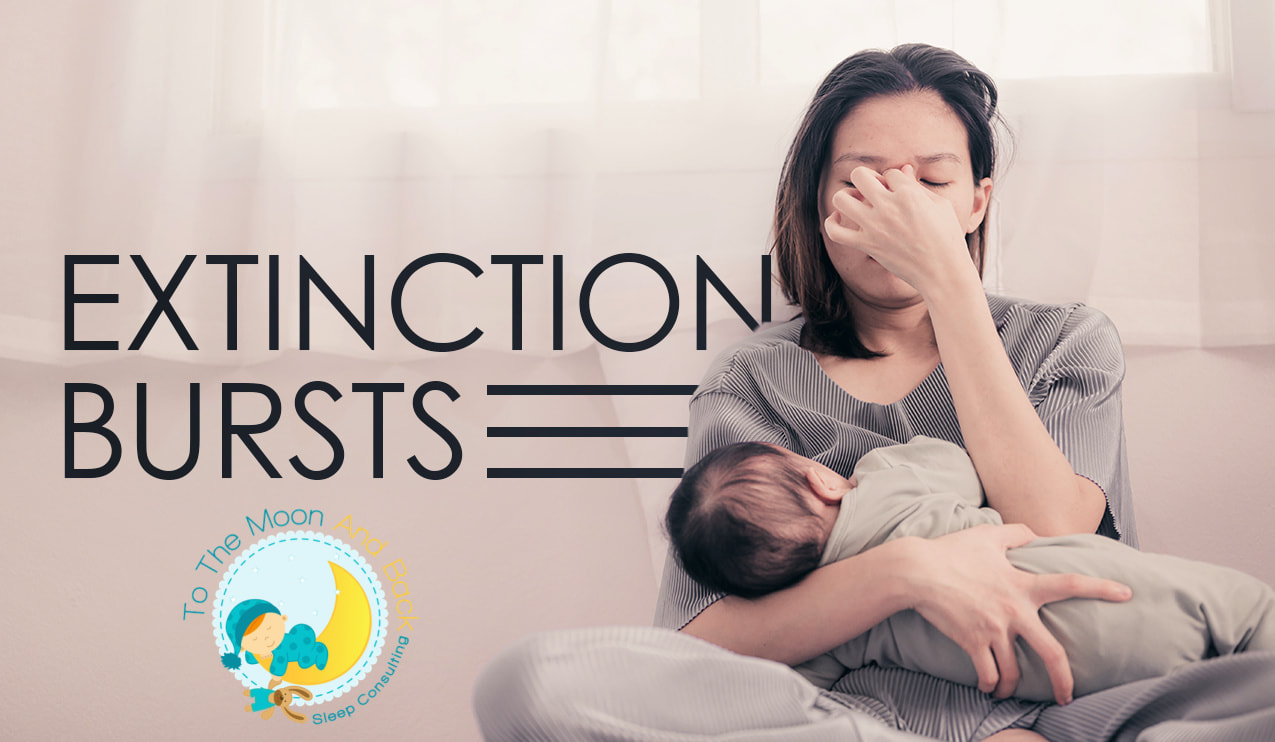
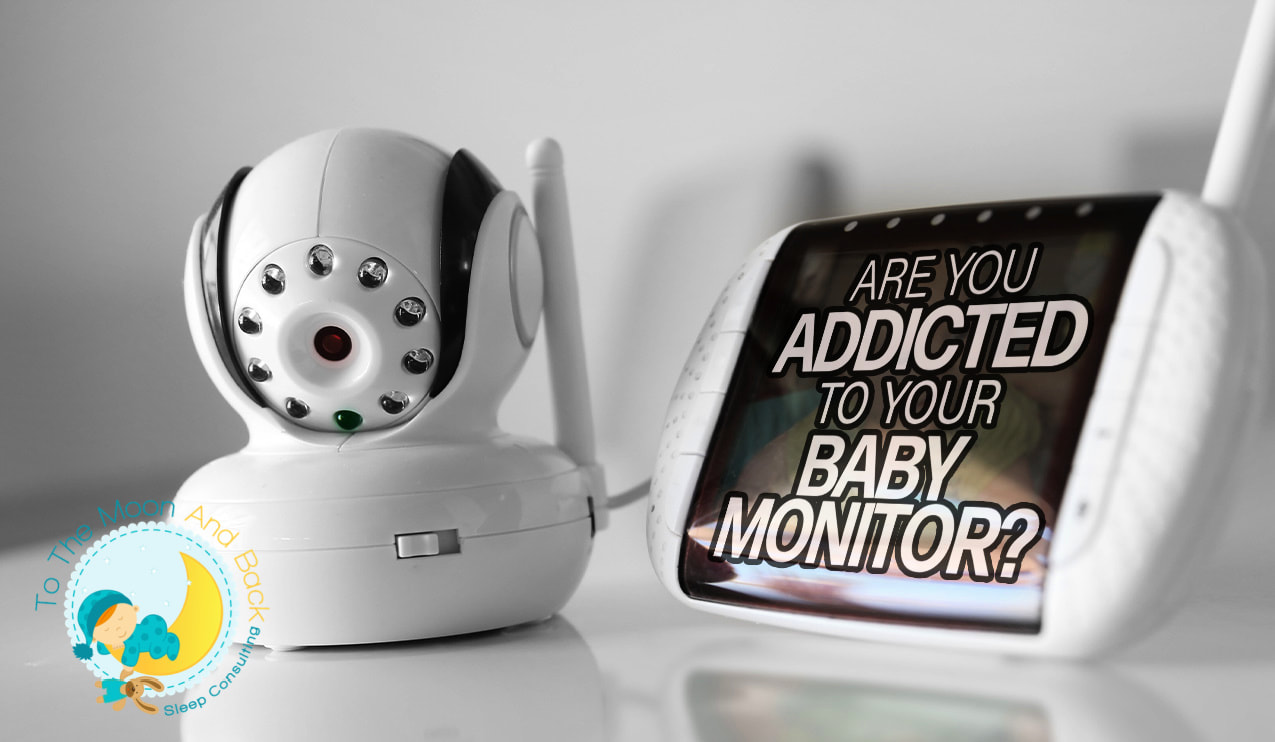


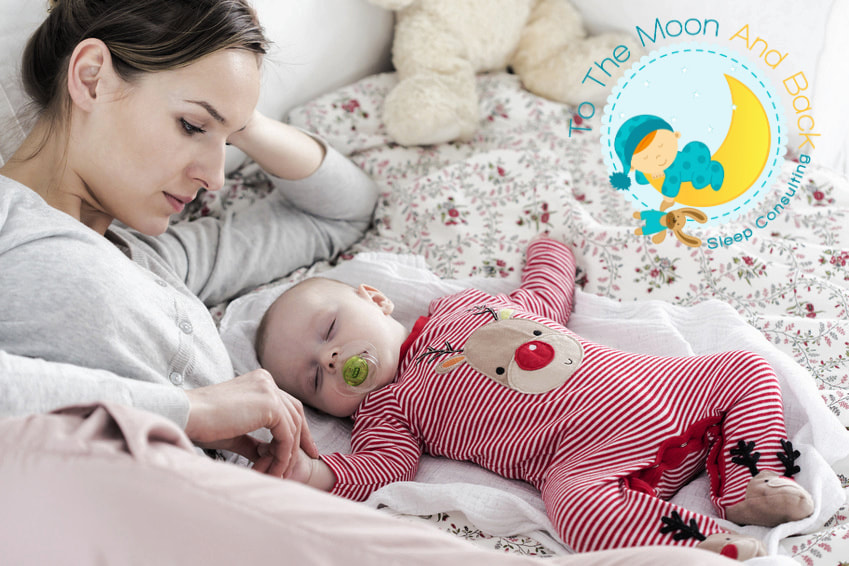
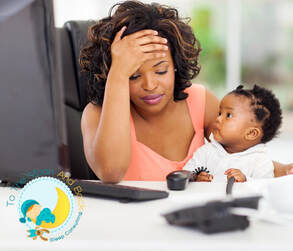
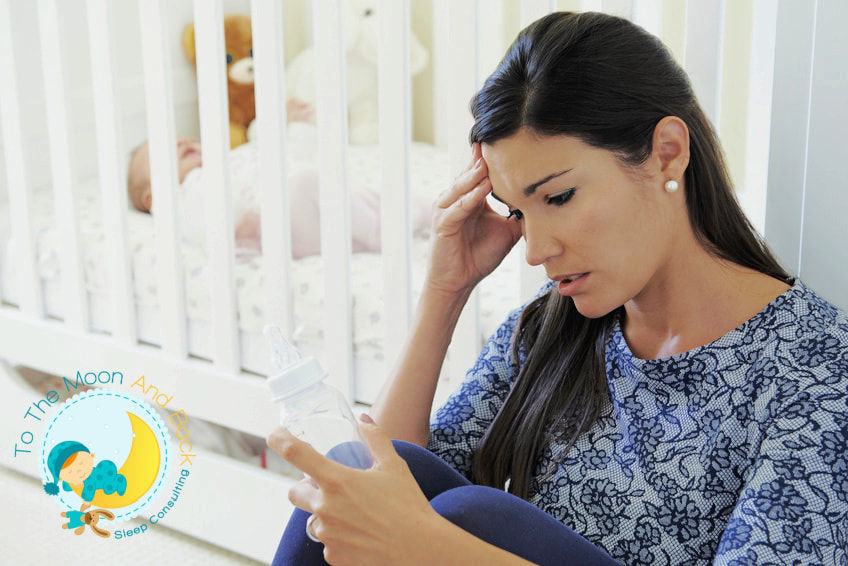
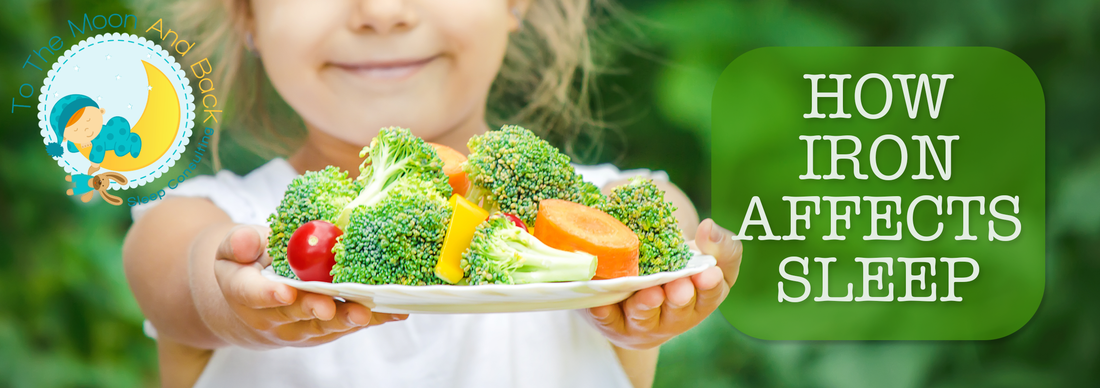
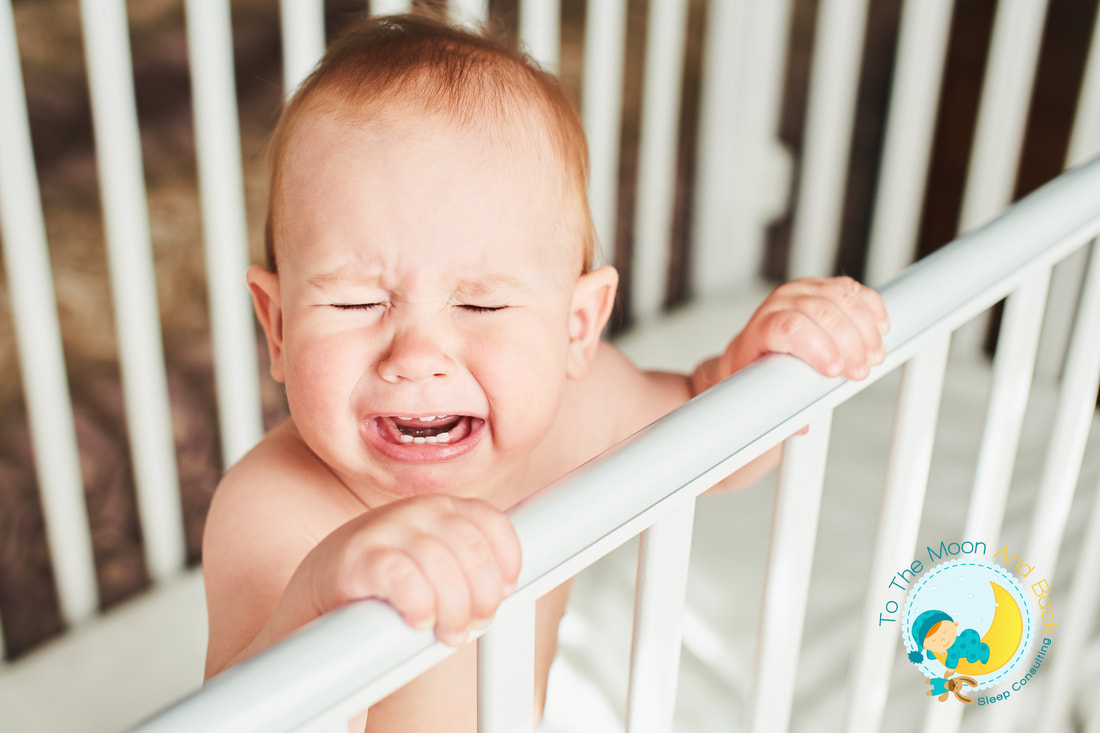
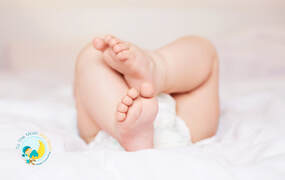
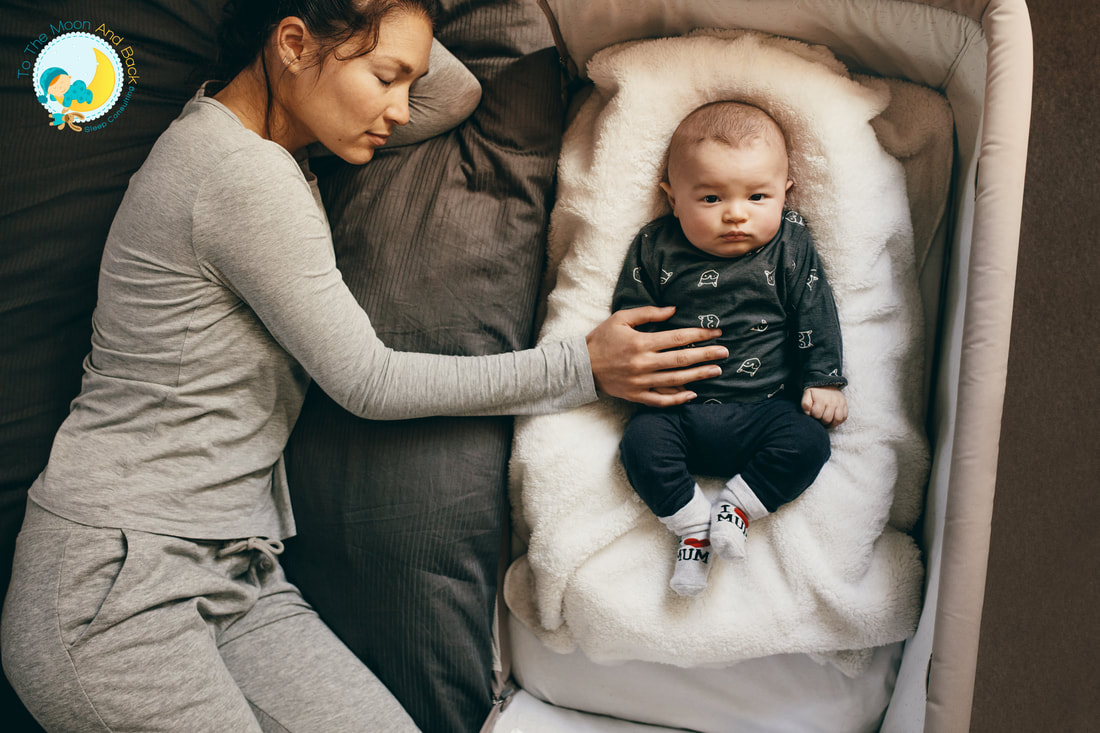
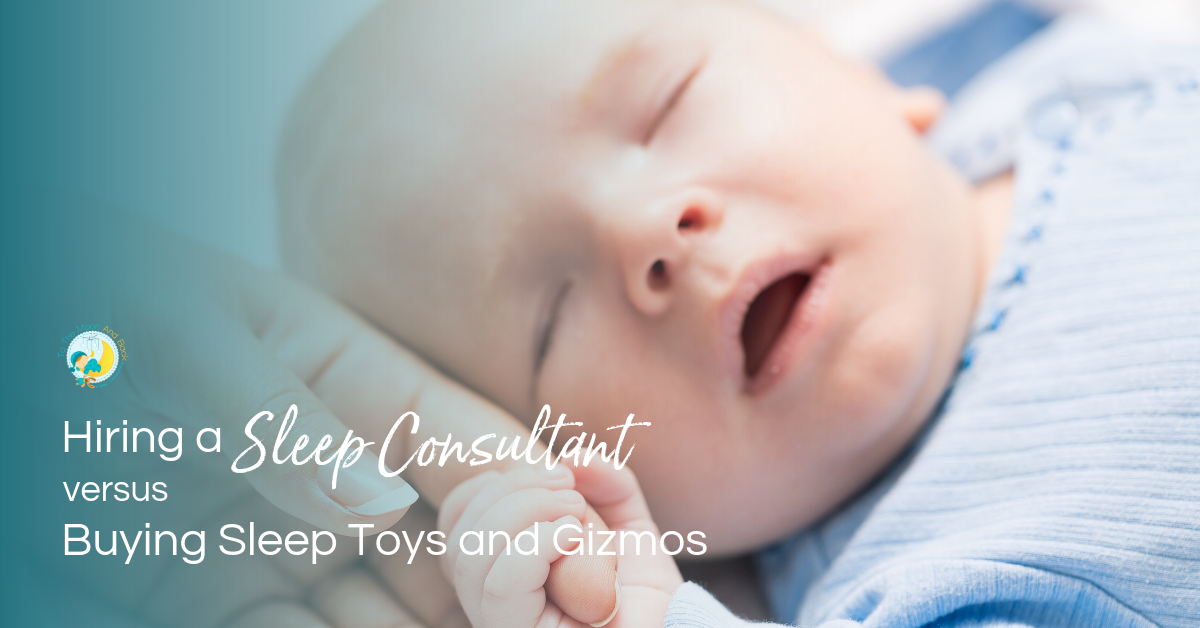
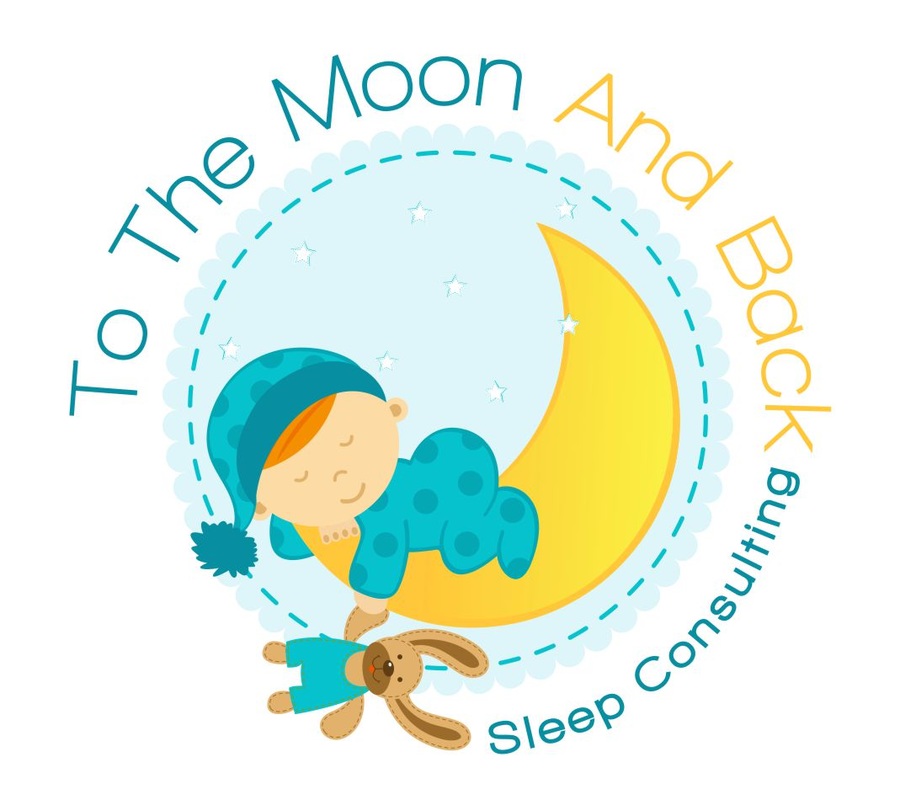
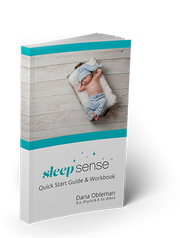
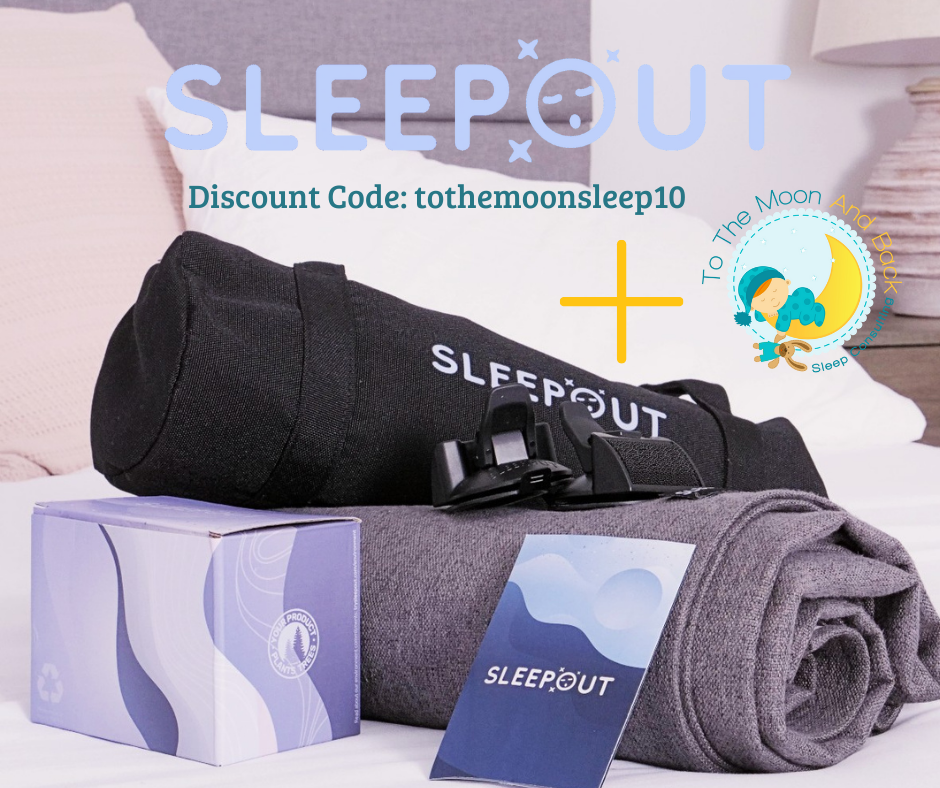


 RSS Feed
RSS Feed
